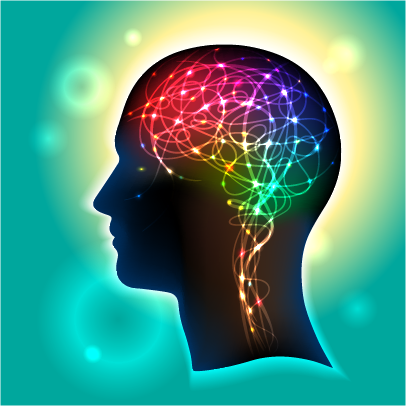All effective coach practice means working with paradox. What is a paradox? “Para” is a Greek prefix that means “beyond, beside, or divergent.” “Dox” is a Greek suffix that points to something strongly opined or believed, as in ‘orthodox.’
A paradox, then, according to Webster, is something apparently absurd or incredible that is actually true. Another definition of paradox from the Apple website is: “A statement that seems to contradict itself but may nonetheless be true.”
How then does effective coaching dance with paradox? As people start working with a coach, they may believe they are not capable of certain inner capabilities only to discover - through coaching - that they are capable, far beyond their belief. A paradox!
Correspondingly, their coach actually needs to do exactly the same. They need to ‘fall into competence’, a ‘flow state’ where they trust their inner knowledge to emerge exactly when needed. This means to learn to relax and move beyond the ‘self’ that wants to maintain full control by continuously finding the correct coaching methodology.
To deepen these abilities with the kinds of push-pull challenges we grapple with today, many Erickson Coaches work with Erickson’s group of self-development programs that assist strong Coach Position awareness. This article begins a series of writings to introduce key skill sets about paradox. The aim is to assist your effectiveness as you venture down this path.
 |
Erickson’s group of self-development programs, Expanding Emotional Intelligence, The Art & Science of Mindfulness, The Light of the Enneagram, Deep Coaching, and Dreamwork and Advanced Metaphors build abilities to move between ‘big picture overview thinking,’ deep presence, and the challenges of everyday life. |
This article is the first of a series on the nature of these paradoxical elements and how coaches can truly ‘rewire towards wisdom.’
The Structure of the Brain is Paradoxical.
The structure of our brain system is paradoxical. On one hand, our brain is hard-wired for split-second responses. In the face of any danger our limbic system response is immediate, and with it the amygdala’s on-off response. This is how our ancestors survived. 50 million years of chemical response run this safety system for mammals, using noradrenaline, cortisol, and dopamine. Noradrenaline comes up very fast, pulling in our whole endocrine system and often harming it long-term. With whatever seems dangerous, we respond with fight, flight, and freeze, and with the emotional system capacity for immediate yes-no choice-making, tightening the whole nervous/ endocrine system. This system is also automatic. We see a snake in the grass, and we jump away immediately; a hard-wired split-second response. We laugh at ourselves if we discover it was really a rope, but the response itself saves our life.
Structurally, we also have inner chemicals that assist us to move beyond fear responses to mindsets of self-observation, love, and safety in a powerful, sustainable way. Some, such as serotonin, assist overview. Endorphins assist associative engagement with all learning. Many other neurotransmitters assist with effective focus, forethought, and balance. Yet, to experience their effects, we need to be relaxed! How do you ‘build’ relaxation? This is a bit of an oxymoron like ‘sleep practice.’ Yet, with practice, we can ‘choose’ these mindsets for more and more situations, gradually building them into a habitual foundation of wisdom.
|
What is the paradox? We need to be relaxed to understand our brain response through self-observation. Self-observation seemingly allows us choice. Yet, when we need this most, we are often too tense to observe, especially in the midst of strong emotional system self-protection responses. Let us exaggerate for a moment: We can know everything in the universe when we don’t ‘need’ to know it. However, in order to use any technique, you actually have to be aware in the moment that you need the technique. |
 |
But when you need the technique is when you are associated, and when you are associated it may seem impossible to remember to use the technique! You may have 50 books on ‘better coaching abilities’ and even tried them all – and they all work – except when you absolutely need them! This is often the case for beginner coaches from all schools. Therefore, the ICF demands 500 hours of coaching prior to a PCC certificate.
The Opportunity for Growth: Solution-Focused Coaching and Self Coaching.
Preplanning with self-observation - as with the Erickson technique of Value-Based Self Image practice - shifts this automaticity. It works powerfully, and, step-by-step you become very effective exactly where you need to be. To be effective there are very easy steps involving wholeness overview, coach position patterning and movement. You can soon learn to bend the paradox into a short series of learning stages. Effective self-view practice is one of the finest Solution-Focused applications available that can alter your life and your expectations of through time competence…no matter the ‘snakes’ in your vicinity.
_Primary%20-%20Full%20Colour%20(1).png?width=210&height=57&name=Erickson%20Logo%20Kit%20(050924)_Primary%20-%20Full%20Colour%20(1).png)


.png?width=393&name=Planting%20The%20Seed%20(1).png)